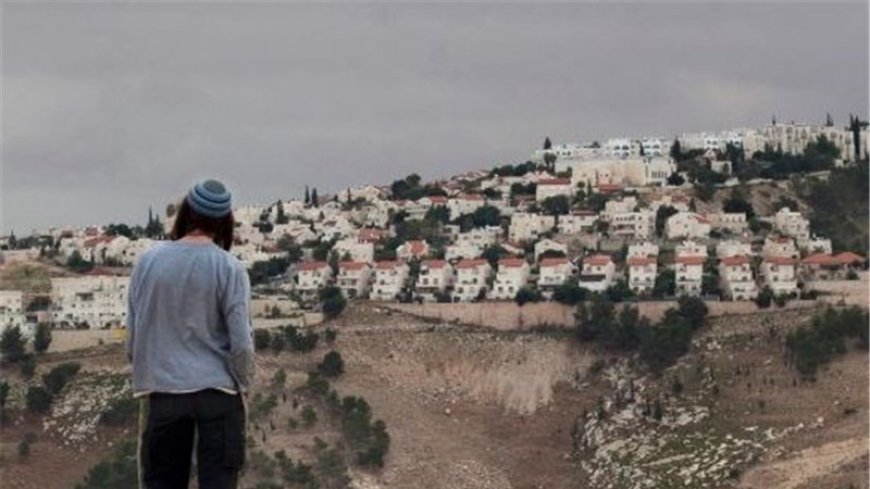The Israeli government has approved a controversial plan to expand Jewish settlements in the West Bank. This decision, spearheaded by Finance Minister Bezalel Smotrich, includes recognizing five previously unauthorized settlements as legal. The move comes amid increasing international recognition of Palestinian statehood, with recent acknowledgments from countries like Spain, Ireland, Norway, Slovenia, Armenia, and Jamaica.
In addition to settlement expansion, the Israeli cabinet has imposed severe restrictions on the movement and powers of Palestinian Authority (PA) officials within the occupied territories. This includes revoking certain privileges and limiting executive authority, particularly in East Bethlehem.
Reactions and Statements
Smotrich stated that the sanctions and settlement expansions send a clear signal to countries recognizing Palestine, reiterating his stance that the formation of a Palestinian state poses an existential threat to Israel. This hardline position is in direct response to international pressure urging Israel to halt its military actions in Gaza and its settlement activities in the West Bank.
Background and Context
Since the initiation of Operation Al-Aqsa Storm in Gaza on October 7 of the previous year, there has been a significant increase in settlement construction in the West Bank. Concurrently, violence has escalated, with frequent attacks by Israeli forces and settlers on Palestinian communities, resulting in numerous casualties and arrests.
Potential for Renewed Conflict
The recent settlement expansions and restrictions on the PA raise concerns about the potential for renewed conflict in the region. The memory of the October 7 incident looms large, and the increasing tensions could spark another major confrontation.
Key Points of Concern:
- Expansion of Settlements: The legal recognition and expansion of settlements exacerbate tensions, as they are seen as an encroachment on Palestinian land and rights.
- Restrictions on PA: Limiting the PA's authority undermines Palestinian governance and could lead to further instability and unrest.
- International Recognition: Growing international recognition of Palestinian statehood contrasts sharply with Israeli actions, potentially leading to increased diplomatic friction.
- Violence and Military Actions: The ongoing violence in the West Bank and Gaza, coupled with military actions, continues to fuel animosities and could trigger larger-scale conflicts.
Given the current trajectory, the risk of another large-scale conflict similar to the events of October 7 remains high. The international community's response and actions by both Israeli and Palestinian leadership will be crucial in determining whether tensions can be de-escalated or if the region will see further violence and instability.














































